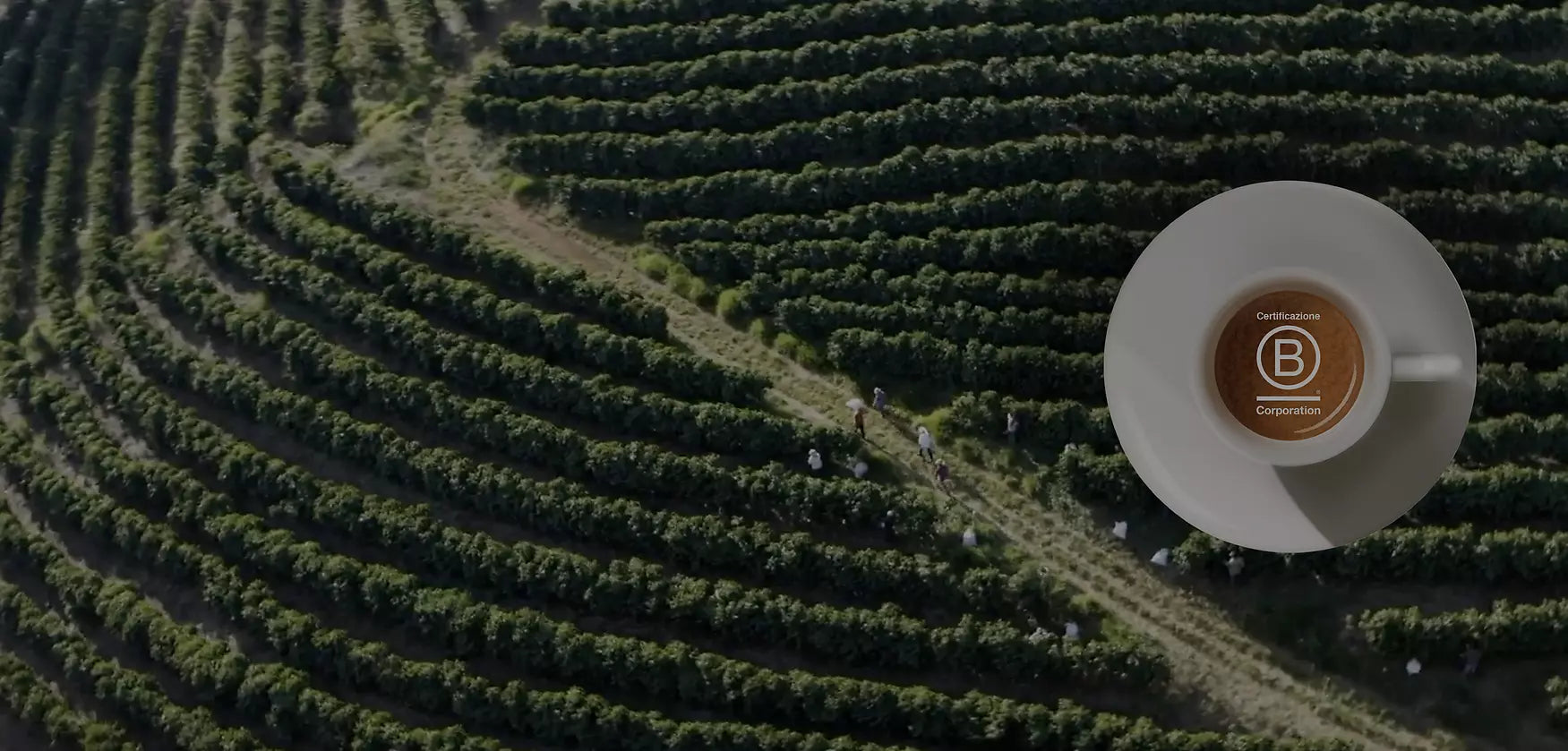
Be Sustainable, B-Corp, Be Better
A single, important detail has remained at the heart of our dedication to quality: our commitment to sustainability
Our Four Pillars
The quality of illy coffee is a direct result of the collaborative relationship between the company and our outstanding coffee producers. The illycaffè sustainable supply chain is based on a system of direct relationships with suppliers, which is built upon four pillars:
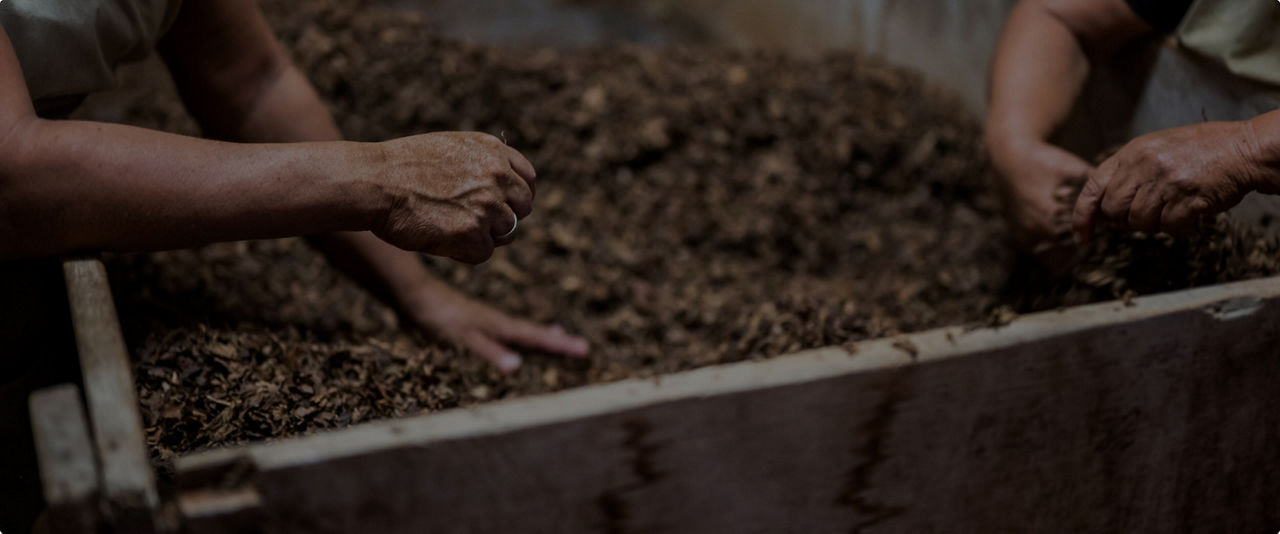
01
Selecting and working directly with the finest producers of Arabica Coffee

02
Sharing knowledge with the, training them in high-quality, sustainable cultivation through the University of Coffee and daily work in the field with specialists agronomists.

03
Rewarding them for producing quality by paying them above-market rates, thereby encouraging constant improvement and ensuring sustainable production.

04
Creating a community of illy producers who meet virtually on their dedicated platform, Circolo illy

Benefit Corporation
Since 2019, our legal status has been that of a Benefit Corporation, or B Corp, reasserting our choice to seek continued growth by promoting a different way of doing business based on a strategy aimed at the common good. We are focused on three areas of intervention, which have been incorporated into our articles of association. The first refers to a responsible value chain and sustainable agriculture. Our approach consists of analyzing and improving impacts throughout the coffee supply chain, conducting research in the field and sharing knowledge, as well as supporting integrated farming to preserve and improve the sustainable quality of the coffee. The second is linked to quality of life, pursued through the principles of economic, social, and environmental sustainability and by promoting global partnerships targeting this goal. Finally, the third area relates to the circular economy and its benefits for the planet, involving improvements to energy efficiency and the consumption of resources in order to gradually reduce emissions throughout the chain.
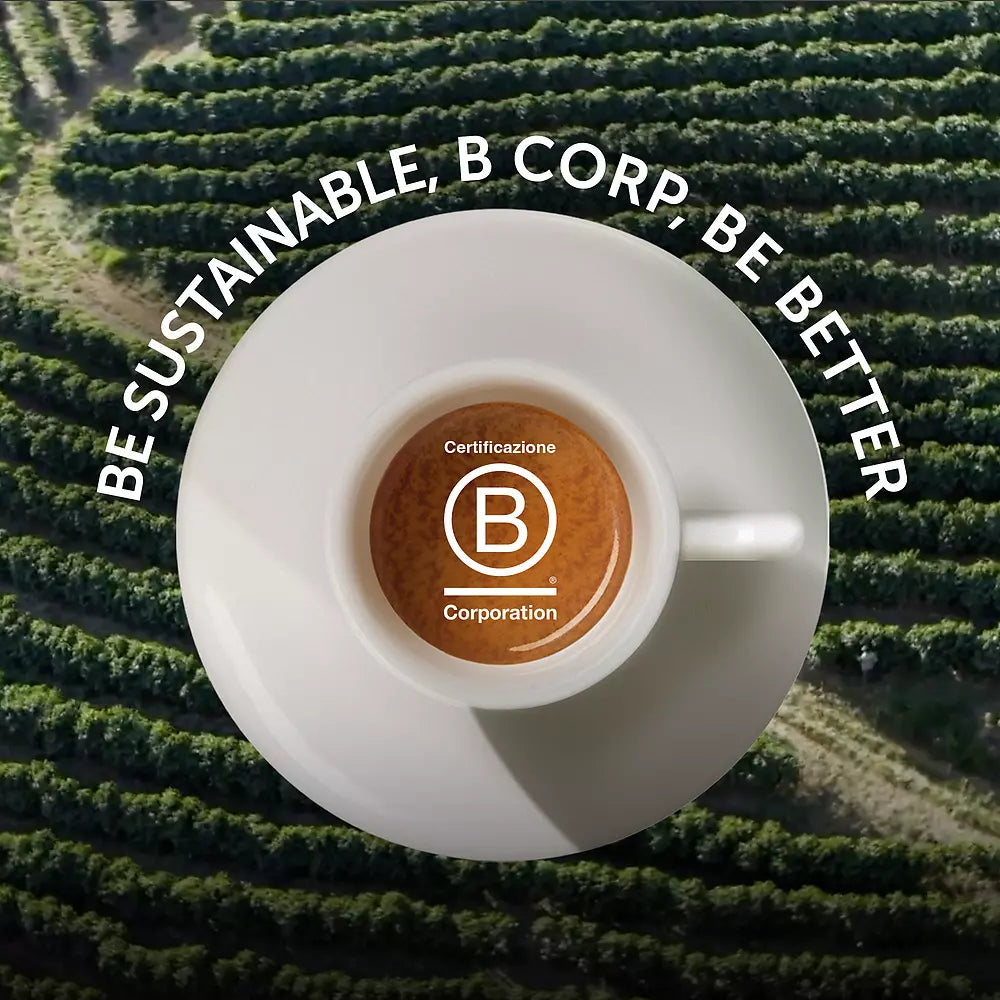
Sustainable Since The Beginning, B-Corp Since 2021
Since our beginnings, a single, important detail has remained at the heart of our dedication to quality: our commitment to sustainability. A promise we will never stop making with every choice – from production to caring for the environment and communities – that allowed us, in 2021, to become the first Italian coffee company to receive B Corp certification.
Only 3% of applicant companies reach this goal. We are proud to uphold this, further improving our brand and allowing our business model to be recognised for the positive value it generates for both the environment and the community, because being sustainable is a commitment that we will keep making, again and again.
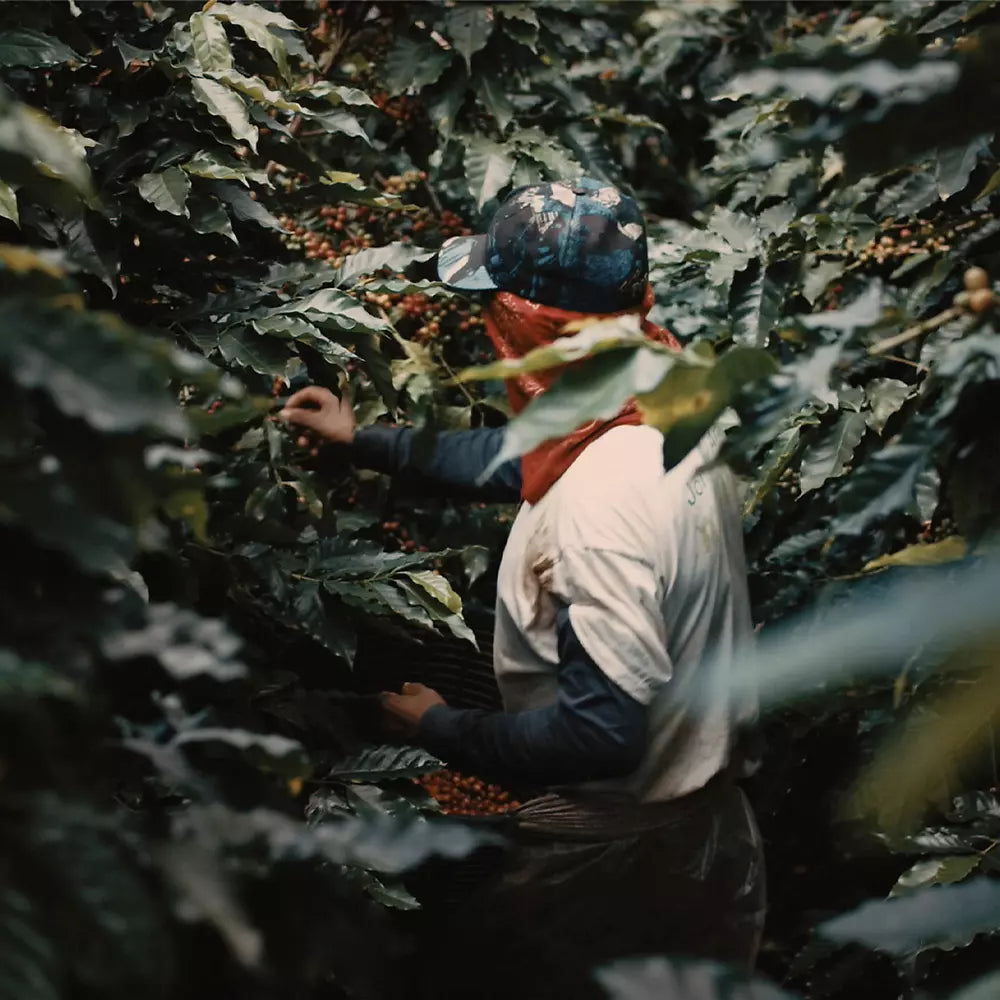
We became a B-Corp in 2021, and we’re excited to share that we've now achieved an even higher score!
Now that we’ve received our new B Lab certification with a score of 90.4 points, we can confirm that we have an even more positive social and environmental impact on the world than ever.

Renewing The Effort For Renewable Energy
95.5% of the electricity that we used in 2023 came from renewable sources. In our Italian offices, that figure reached 100%.

We Are All-Inclusive
1,188+ Employees
43,6% Female employees
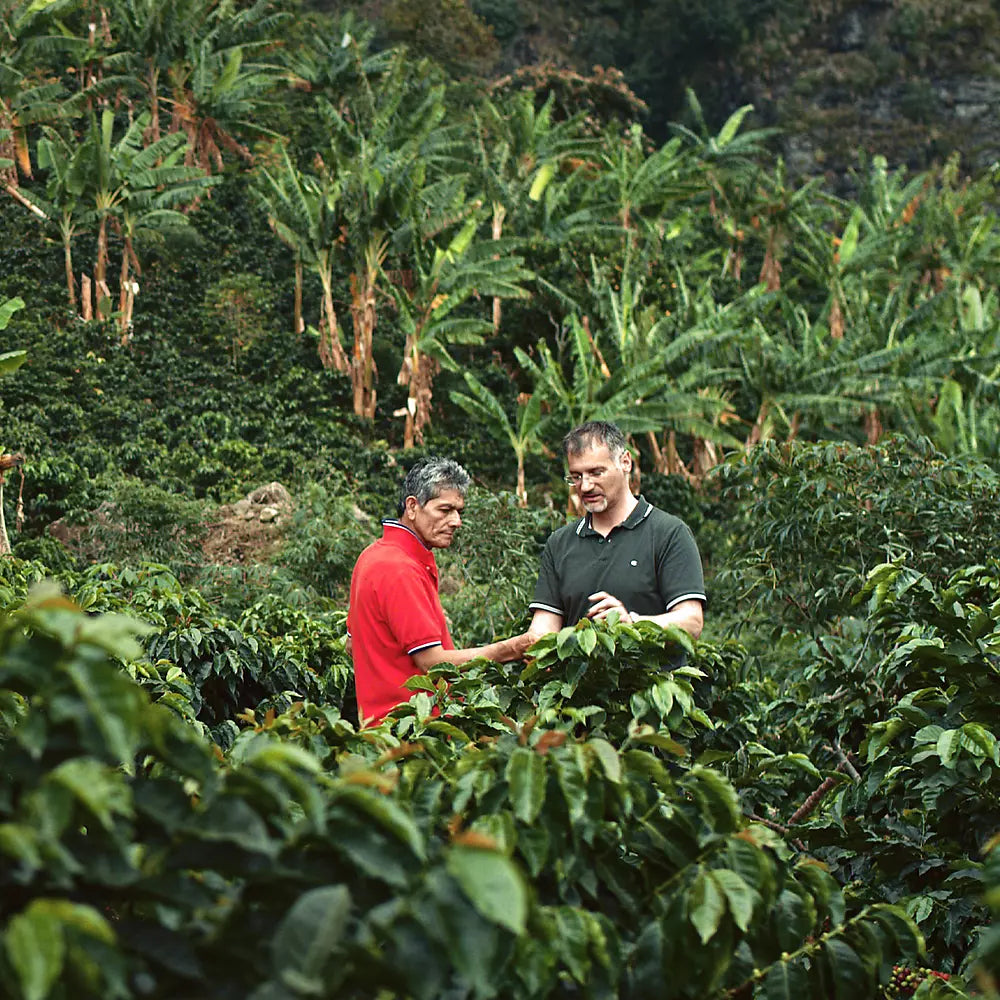
We Share Our Knowledge
In 2023, we had 2,383 stakeholders involved throughout the green coffee supply chain and provided 345 hours of training to enhance skills at all levels in our sector. Quality is born out of competence.
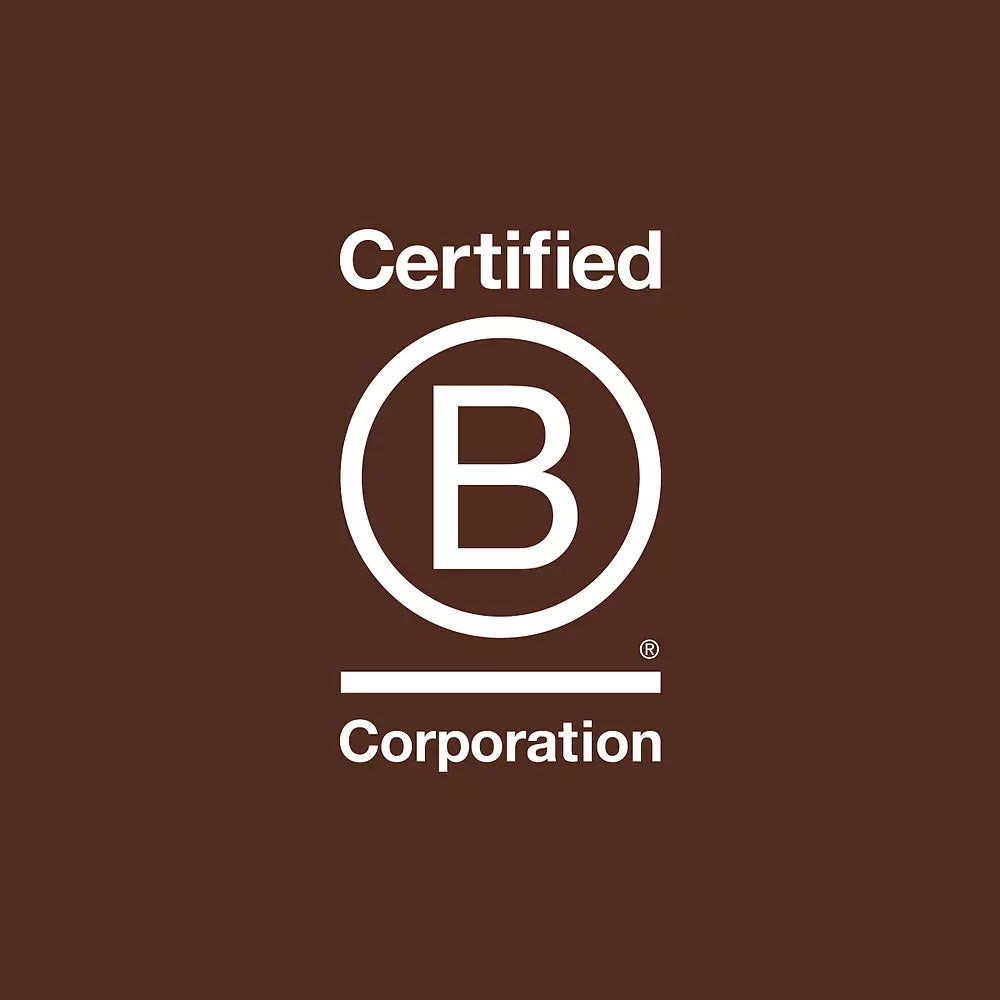
Certification Notice
“Certified B Corporation” is a trademark licensed by B Lab, a private non-profit organization, to companies like ours that have successfully completed the B Impact Assessment (“BIA”) and therefore meet the requirements set by B Lab for social and environmental performance, accountability, and transparency. It is specified that B Lab is not a conformity assessment body as defined by Regulation (EU) No 765/2008, nor is it a national, European, or international standardization body as per Regulation (EU) No 1025/2012. The criteria of the BIA are distinct and independent from the harmonized standards resulting from ISO norms or other standardization bodies, and they are not ratified by national or European public institutions.
